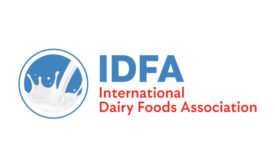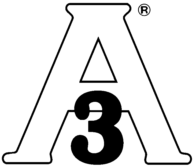Food Safety for Dairy Processors
What’s the impact of Avian flu on dairy farms?
H5N1 influenza strain found in 190 dairy herds in 14 states, vaccines in cattle authorized.
September 10, 2024
Ways to best protect the safety of dairy products
Dairy processors must manage a host of variables to protect products.
August 22, 2024
The keys to dairy distribution
Processors must effectively manage a host of operational issues to cut delivery costs and maintain product quality.
June 14, 2024
Avoiding a patchwork of state laws on food safety
Goal should be to collaborate with FDA on prioritizing reassessments by the agency and better position the food industry for success.
May 31, 2024
Stay ahead of the curve. Unlock a dose of cutting-edge insights.
Receive our premium content directly to your inbox.
SIGN-UP TODAYCopyright ©2024. All Rights Reserved BNP Media.
Design, CMS, Hosting & Web Development :: ePublishing












